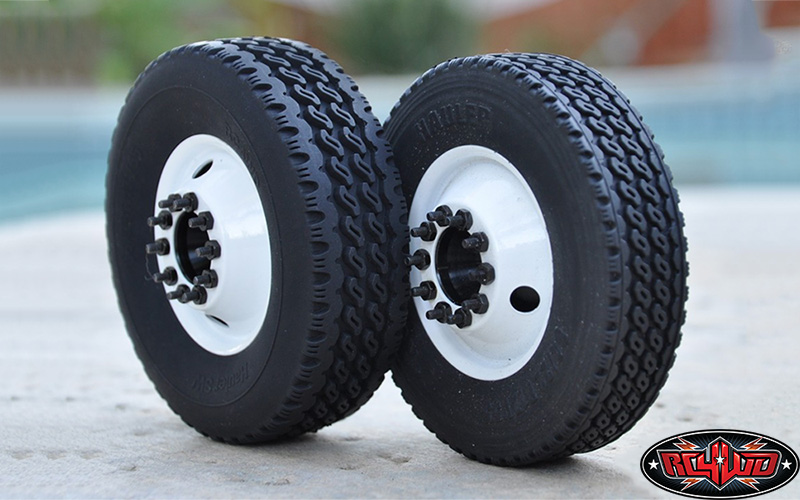All-Terrain vs. Highway: Picking the Appropriate Semi-Truck Rubber
Selecting suitable tyres for your your semi-truck is essential to ensure protection, effectiveness, and functionality on the road. Whether or not you are crossing well-paved roads or tackling rugged terrain, the choice of tires can greatly influence not only your vehicle's handling but also your expenses. With a variety of selections available, including tires with all-season treads suitable for extended trips and specialized off-road tires crafted to handle difficult conditions, understanding the intricacies of tires specific to semi-trucks is essential to any fleet operator or driver.
In this article, we'll examine the differences between on-highway tires and off-highway tires, to help you make a knowledgeable choice tailored to your needs. We will also dive into the top tire brands known for durability and performance, discuss the significance of tire maintenance and emphasize the signs that indicate when it's time for a tire replacement. From knowing how your tire selection influences fuel economy and the best ways to maintain tires, we intend to furnish you with the necessary knowledge to help keep your semi-truck operating safely and efficiently.
Choosing the Right Semi-Truck Tires
Choosing the suitable tires for semi-trucks is essential for maximizing performance and ensuring safety on the road. The choice between off-road and on-road tires should be determined on the type of terrain frequently encountered. Off-road tires, manufactured with deeper treads and reinforced sidewalls, thrive in challenging environments, while on-road tires emphasize on fuel efficiency and smoother handling on asphalt surfaces. Understanding the specific needs of your routes and freight is crucial for reaching the best decision.
An additional factor to consider is the tire's load rating and pressure. pneus poids lourds Québec -trucks often carry heavy loads, so it's important to choose tires that can bear the weight without sacrificing safety. Regularly checking and monitoring tire pressure not only prolongs tire life but also promotes optimal performance. Additionally, understanding with DOT regulations regarding tires can help avoid compliance issues and boost overall safety standards.
In conclusion, taking into account seasonal changes and weather conditions is crucial for tire selection. All-season tires offer versatility, while winter tires provide enhanced traction in icy and snowy environments. Understanding the differences between different tire styles, such as steer and drive tires, and how they affect the truck's handling and stability will further aid in reaching an informed choice. By evaluating these factors, truck operators can enhance their fleet's efficiency and longevity.
Best Tire Brands and Maintenance
When choosing tires for heavy-duty trucks, the brand can considerably influence both functionality and durability. Some of the top tire brands noted for their dependability in extended trips include Bridgestone. Each brand offers different models designed to particular needs, such as all-season capabilities or cold-weather performance. Logistics managers often rely on manufacturer reputation and reviews to choose tires that will withstand the demands of their routes while enhancing gas mileage.

Adequate maintenance is essential to guarantee the durability of semi-truck tires and improve safety on the roads. Routine inspections should be performed to identify any indications of tear, harm, or uneven tread patterns that could signal alignment issues or improper inflation. Keeping the correct tire pressure is important, as inconsistent inflation can lead to increased rolling resistance and lowered fuel efficiency. Observing best practices for maintenance can help prevent expensive replacements and ensure optimal performance throughout the tire's usefulness.
Additionally, comprehending the value of changing tires is essential to achieving uniform wear and prolonging their usability. It is suggested that heavy-duty truck tires be rotated every six thousand to ten thousand miles, depending on how they are used and load conditions. Regular balancing and alignment checks should also be included in regular maintenance. By following these maintenance practices and selecting tires from reputable manufacturers, fleet operators can enhance safety, boost efficiency, and ultimately reduce operating costs.
Safety and Standards for Truck Tyres
When it comes to tractor-trailer operations, safety is paramount, safety is paramount, and grasping the regulations surrounding truck tires is essential for compliance and mitigating accidents. The Transportation Department has detailed guidelines that dictate tire requirements, including tread measurements, load capacity, and maintenance practices. Keeping tyres within these parameters ensures that they can handle the requirements of the highway while providing sufficient traction and handling characteristics.
Correct tire care is not just a compliance obligation but also a critical aspect in promoting the safety of both the operator and other road users. Routine inspections and adherence to recommended tire pressure recommendations help avoid tire blowouts, which can lead to severe incidents. Additionally, confirming that tires are changed and substituted as required reduces the chance of irregular wear, which can compromise the integrity and capability of the tyres.
Fleet supervisors and lorry drivers should also be informed about the eco-friendly tyre alternatives available on the shelf today. These tires are not only meet safety standards but also minimize environmental impact by boosting gas mileage and extending tire longevity. By investing premium, regulation-adhering tyres and keeping updated about the latest safety regulations, trucking companies can enhance both their operational efficiency and safety on the road.